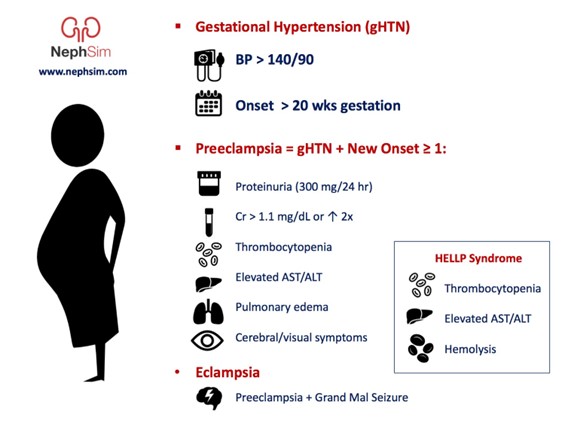A nurse is reviewing the medical record of a client who is receiving treatment for gestational diabetes mellitus. Which of the following medications should the nurse expect to administer?
Levothyroxine
Glyburide
C. Nifedipine
Chlorpromazine
The Correct Answer is B
Glyburide is an oral hypoglycemic medication used to control blood glucose levels in individuals with type 2 diabetes. It is also used in the management of gestational diabetes mellitus (GDM) when dietary and lifestyle interventions alone are not sufficient to control blood glucose levels. Glyburide works by stimulating the pancreas to release insulin and also by increasing the sensitivity of peripheral tissues to insulin. It is preferred over insulin injections because it is easier to administer and monitor, and it does not pose a risk of hypoglycemia as long as blood glucose levels are closely monitored. In addition, glyburide does not cross the placenta, which minimizes the risk of fetal hypoglycemia. However, some studies have suggested that glyburide may be associated with an increased risk of neonatal hypoglycemia and macrosomia (large birth weight), so careful monitoring of the mother and fetus is required. Other medications such as levothyroxine, nifedipine, and chlorpromazine are not used in the management of gestational diabetes mellitus.
Nursing Test Bank
Naxlex Comprehensive Predictor Exams
Related Questions
Correct Answer is B
Explanation
The correct answer is choice B. The nurse should verify that informed consent is obtained prior to administration of a dinoprostone insert to induce labor for a client. Instructing the client to avoid urinary elimination until after administration is not necessary. Allowing the medication to reach room temperature prior to administration is also not necessary. Placing the client in a semi-Fowler's position for 1 hr after administration is not necessary.
Correct Answer is A
Explanation
Answer is: a. Urine protein of 3+
Explanation:
- Urine protein of 3+ indicates severe proteinuria, which is a sign of preeclampsia and can lead to kidney damage. The nurse should report this finding to the provider as it may require medication or delivery intervention.
- Deep tendon reflexes of 2+ are normal and do not indicate preeclampsia. The nurse should monitor the client for hyperreflexia, which is a sign of increased neuromuscular irritability and can precede seizures.
- Hemoglobin 13 g/dL is within the normal range for a pregnant client and does not indicate preeclampsia. The nurse should monitor the client for anemia, which can cause maternal and fetal complications.
- Blood glucose 110 mg/dL is slightly elevated but not diagnostic of gestational diabetes, which is a different condition from preeclampsia. The nurse should advise the client to follow a balanced diet and exercise regimen and to undergo a glucose tolerance test at 24 to 28 weeks of gestation.
. 
Whether you are a student looking to ace your exams or a practicing nurse seeking to enhance your expertise , our nursing education contents will empower you with the confidence and competence to make a difference in the lives of patients and become a respected leader in the healthcare field.
Visit Naxlex, invest in your future and unlock endless possibilities with our unparalleled nursing education contents today
Report Wrong Answer on the Current Question
Do you disagree with the answer? If yes, what is your expected answer? Explain.
Kindly be descriptive with the issue you are facing.
